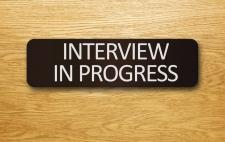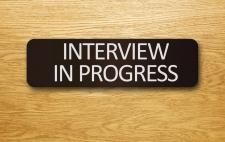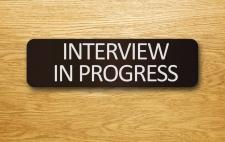How To Show Demonstrated Interest
Posted on Mon, 01/13/2014 - 13:54
Have you heard of "demonstrated interest"? It's one of those phrases that can cause some confusion for students -- and parents -- as they go through the college application process. Luckily, educational psychologist Jane McClure returns this month to demystify "demonstrated interest" and provide six action items for students to -- what else? -- demonstrate interest.
By now, your applications have been submitted. Whew! What a relief! So now you just wait, right? Well, no, not exactly. There are some actions you can take that will make a difference at many colleges, particularly independent colleges and universities. It’s called “demonstrated interest.” Students show demonstrated interest when they take various actions that signal to a school that they are seriously considering it. And it can possibly enhance your chances of admission.















